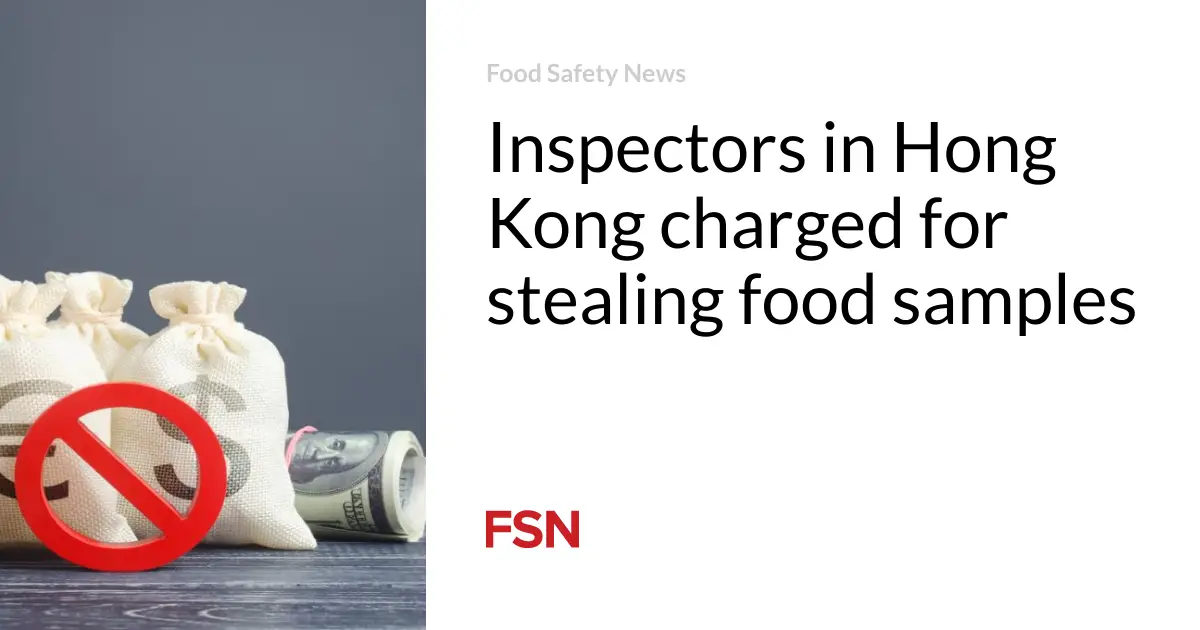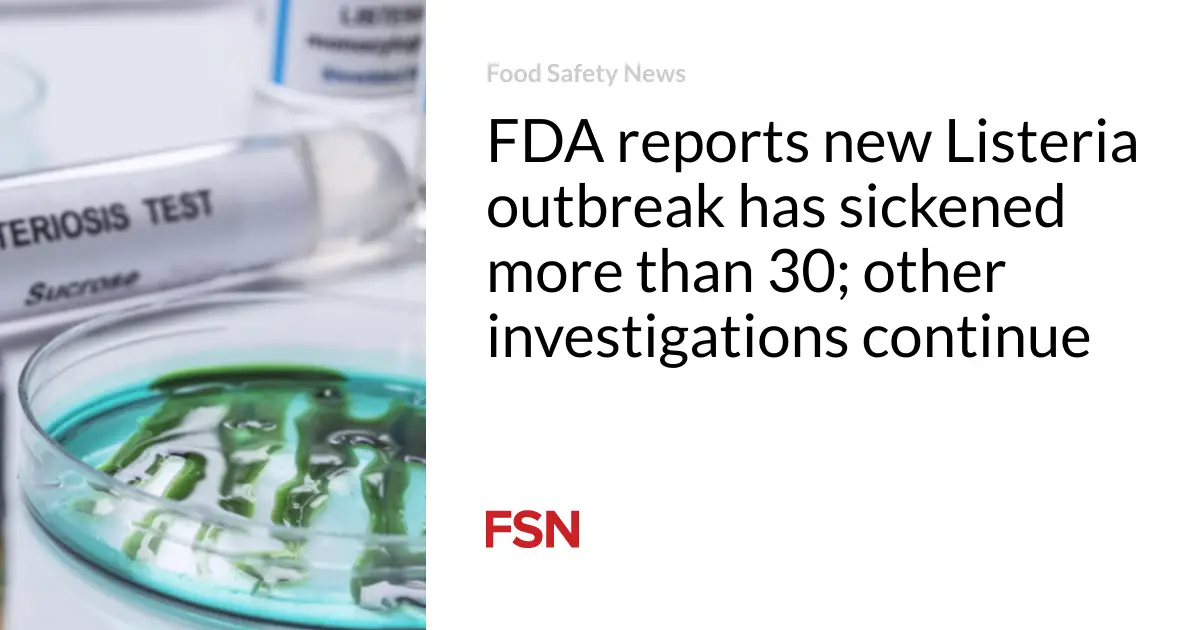
Five inspectors from the Centre for Food Safety in Hong Kong have been charged for stealing food samples.
The Independent Commission Against Corruption (ICAC) recently filed charges against the Centre for Food Safety (CFS) health inspectors.
A spokesman for the Food and Environmental Hygiene Department (FEHD) said the five employees had been suspended from duty. They are accused of abusing their power by failing to dispose of unused food samples after testing properly.
The officials, aged between 28 and 37, jointly face one count of conspiracy to steal. They were released on bail, pending their appearance in court to enter a plea.
Details of charge
The charge alleges that between May 2022 and March 2023, the five defendants conspired to steal part of the food samples purchased on behalf of CFS for testing.
Defendants are accused of using public funds to purchase food samples worth more than Hong Kong $88,000 (U.S. $11,300) from five importers for conducting two tests on radiation levels.
CFS is responsible for ensuring that the food sold in Hong Kong is safe and fit for consumption. At the time, the five defendants were on a team in the risk management division’s food import and export section. The department’s roles include doing tests on radiation levels.
Health inspectors must purchase randomly selected food samples fairly and reasonably priced. One kilogram of each sample is required to conduct the test. CFS prohibits officers from deliberately ordering excessive food samples or misappropriating any untested samples. After conducting tests, unused food samples should be disposed of at a refuse collection point and documented.
An ICAC investigation started after a corruption complaint concerning the purchase of samples. The agency found the defendants had planned to misappropriate residual food samples after the tests, not following internal guidelines to dispose of them and ensure there were records properly. ICAC officers recovered 80 unused food samples, including canned abalone, white truffle sauce, crab bisque, Japanese rice, and various types of pasta from the defendants’ homes.
The FEHD spokesman said it attaches great importance to the discipline and conduct of staff and will not tolerate any illegal and fraudulent acts.
The department has adopted extra precautionary measures, including refining working guidelines, streamlining procedures, and enhancing the information system to procure and record food samples by the CFS.
ICAC is helping the FEHD to review relevant procedures and will share corruption prevention recommendations. ICAC has also provided integrity refresher training to FEHD staff responsible for food testing, reminding them not to use their official position for personal gain.
(To sign up for a free subscription to Food Safety News, click here.)







